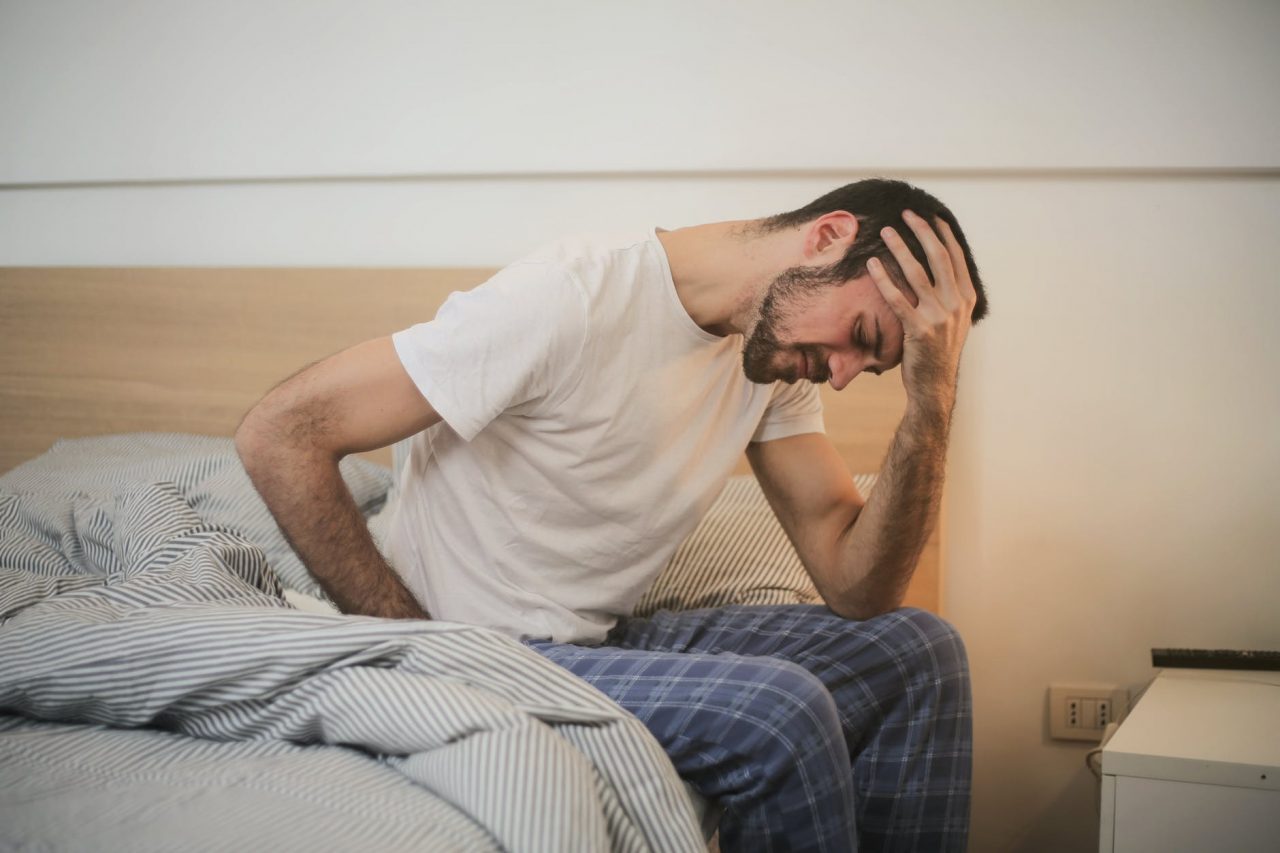Getting enough sleep is essential for your physical wellness, mental health, ability to get along with others and capacity to perform tasks requiring concentration. If you find yourself nodding off while sitting at a bench outside Sandy Bottom Nature Park, there may be an underlying reason that needs to be addressed. Below are some of the common causes for waking up tired.
Sleep Inertia

Sleep inertia is a term that describes the strong desire to go back to sleep immediately after waking up. Sleep inertia can cause you to feel groggy and tired in the morning, and can result in cognitive and psychomotor impairment.
While the cause of sleep inertia is not well understood, some experts believe that adenosine can build up in the brain during non-REM sleep, making it difficult to feel awake even after you hit the snooze button.
Sleep Disorders
By definition, sleep disorders impact your ability to fall asleep or stay asleep, causing you to feel groggy and tired throughout the day. Below are some common types of sleep disorders.
Sleep Apnea
Sleep apnea is a condition that causes pauses in breathing while you sleep. When you temporarily stop breathing, your brain rouses you in order to fix the problem, which can happen anywhere from 5 to 30 times per hour. These periods are often so brief the person doesn’t remember waking up the next day, but feels persistently tired. One of the main symptoms of sleep apnea is snoring.
Narcolepsy
Narcolepsy causes problems with stabilizing states of sleep and wakefulness, making it difficult to stay asleep at night or awake during the day. The four characteristics of narcolepsy are:
- Excessive and often sudden daytime sleepiness
- Hypnagogic hallucinations when falling asleep
- Sleep paralysis
- Cataplexy (sudden weakness in response to emotion)
Periodic Limb Movement Disorder (PLMD)
PLMD affects the nervous system, causing involuntary movements of the limbs during sleep. In most cases, a person with PLMD doesn’t remember these movements. In addition to daytime fatigue, people with PLMD often experience reduced physical and mental fitness, poor concentration and depression.
Get Help to Improve Your Sleep
If you experience daytime tiredness, you may be experiencing a sleep disorder. For more information or to schedule an appointment with a sleep expert, call Hampton Roads ENT today.
